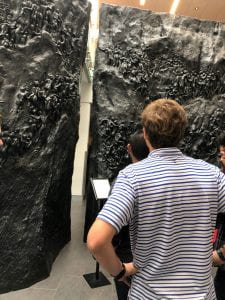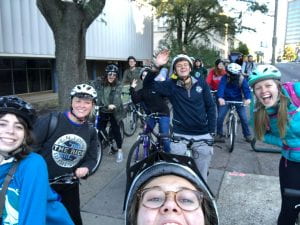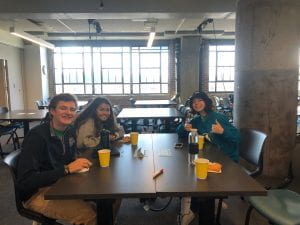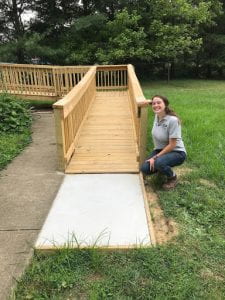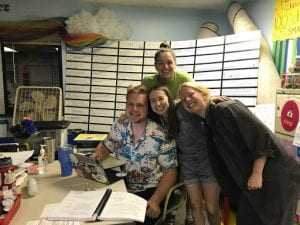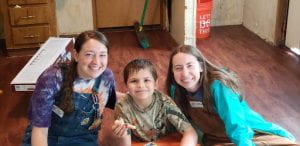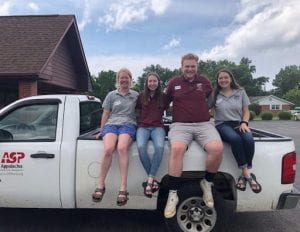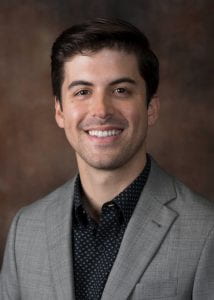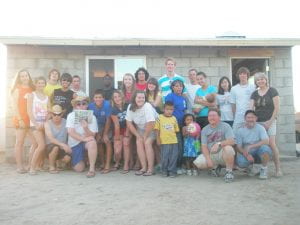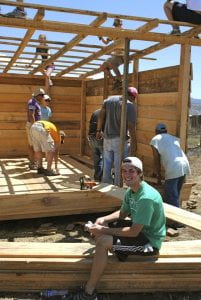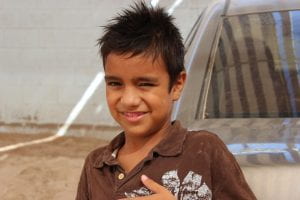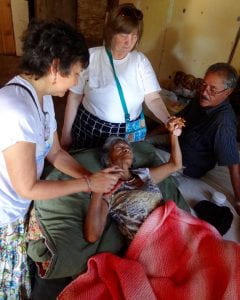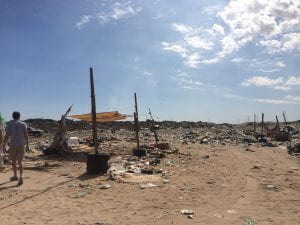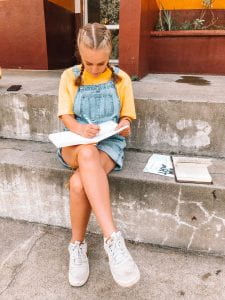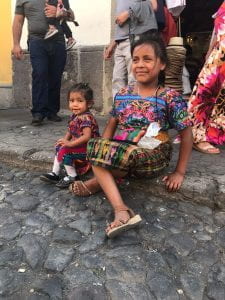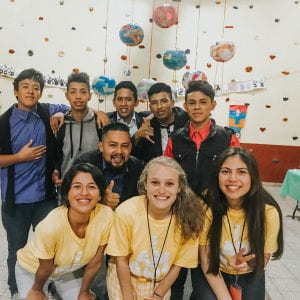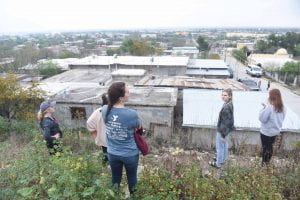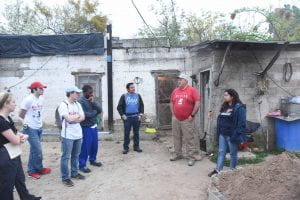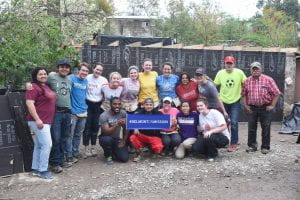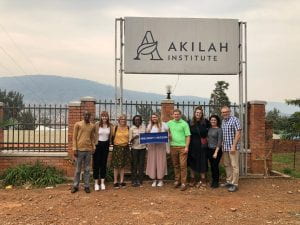Jamie Keith, a member of the Missional Engagement Council, is sharing with us her look at serving God, and what it looks like to find her place in God’s story through service.
When I came to Belmont as a freshman, I set a goal to graduate not wishing I tried something that I had the opportunity to do and to do things for my own enjoyment. This goal has pushed me out of my comfort zone and into wonderful new experiences. Since starting college, I’ve added a second major in economics, studied abroad in China, held internships, led the copyright society as the vice president, and been a spiritual life assistant for Freshmen. I am truly grateful for all these opportunities. At the same time, the more I experienced the more confused I became. I struggled to figure out how to fit all that I enjoyed and all that I was good at into a fulfilling and meaningful career. Can music business, economics, and legal studies somehow fit into God’s mission to redeem and restore creation? Through my experience with Belmont on Mission as a trip leader and student on the missional engagement council, I’ve been able to further explore the way my talents and interests fit into God’s story. One of my “Before I Graduate from Belmont Bucket List” activities was to go on a mission trip. I never imagined that meant I would be leading one. Last year, during my sophomore year, I co-led the mission trip to El Paso to work with Casas por Cristo. Going into the trip, I felt extremely unqualified to lead. First, I had never been on a mission trip through Belmont. Second, I am far from outgoing in a group of strangers. I was uncertain that I could connect to and lead a team of students on an international mission trip. Finally, I was a music business and economics student, not a faith and social justice student. I didn’t fit the typical profile of a student who should be leading a mission trip. I relied heavily on a phrase that the SLA team talks about often: God doesn’t call the qualified; He qualifies the called. Throughout my experience as a trip leader, I saw the truth of that phrase. Within the first few days of the trip, I realized how limited my imagination was in envisioning the ways that God would use my existing skills and develop new ones. Except for my prior construction skills, most of my technical skills were useless. Instead, I had the chance to use my organization skills to plan the pre-trip meetings, communication skills to lead morning devotionals and prayer, language skills to develop relationships with the family, and ability to exercise patience and make sound decisions in stressful situations. I did not have to know everything going into the trip, and I still don’t know everything coming out of the trip. There will never be a situation in which I will be the perfect volunteer or leader, but God isn’t looking for perfection. God will provide the opportunities and the skills needed to serve to anyone who has the desire. This year on the missional engagement council, I’ve been able to combine my passion to serve others with my business and finance skills. I get to use my analytical and technical abilities to support the administrative work that is required to run the student mission trips. I get joy and satisfaction from the work that I do not just because I like working with numbers and technology but because by doing my role, I can help other people discover their role in God’s story. My experience with Belmont on Mission showed me that I do not have to fit a certain profile to participate in the work that God is doing. While I am still finding my place in God’s story, I find great comfort in the fact that I can be a music industry professional, an economist, or any other professional and still be able to faithfully participate in God’s mission. 1 Corinthians 12:4-6 4 Now there are varieties of gifts, but the same Spirit; 5 and there are varieties of service, but the same Lord; 6 and there are varieties of activities, but it is the same God who empowers them all in everyone.
Follow us on social media @BelmontOnMission to stay up to date with everything going on in the future!

